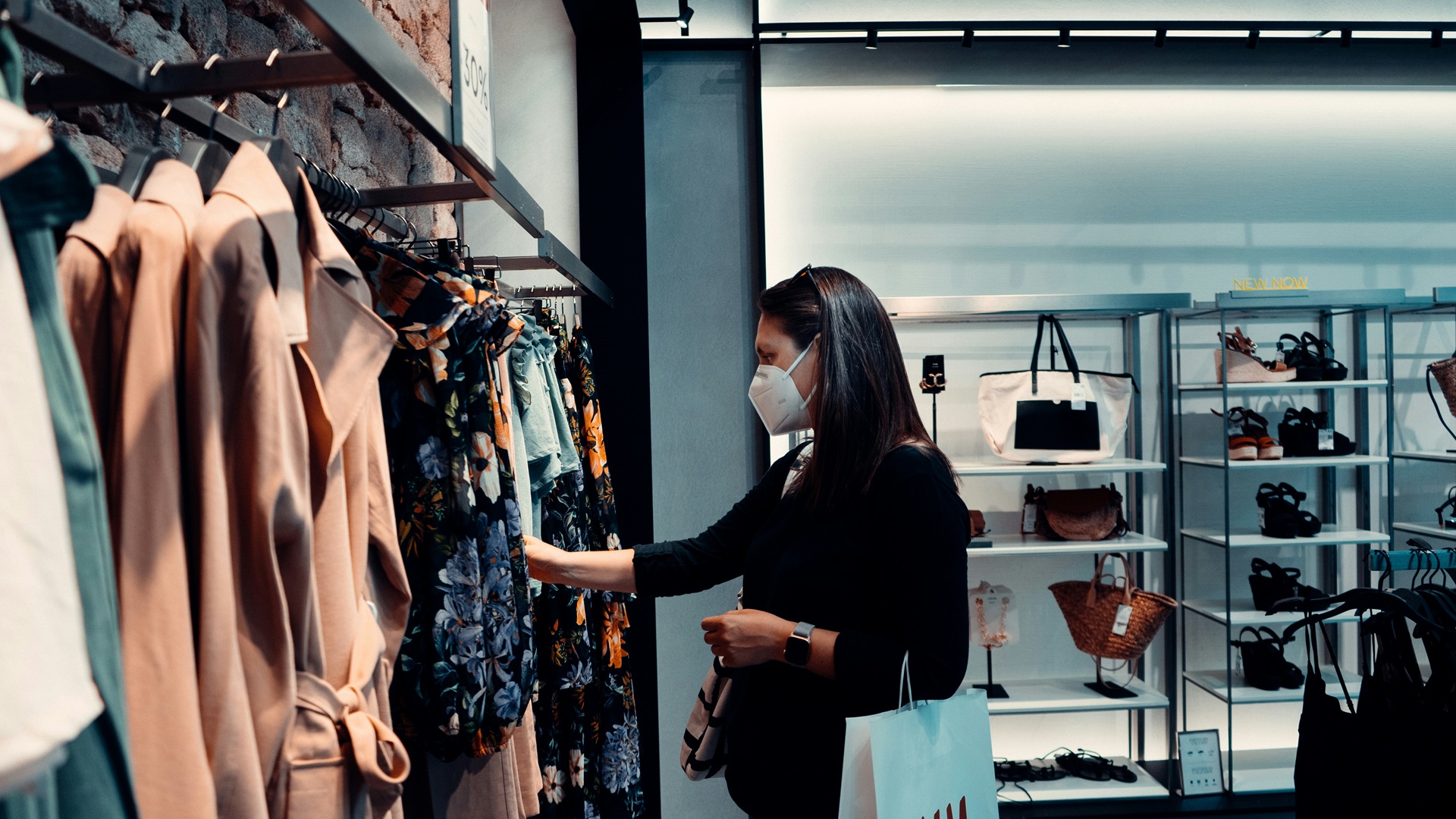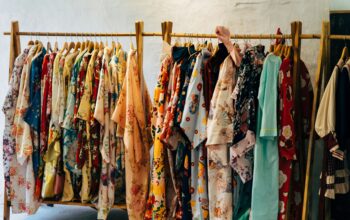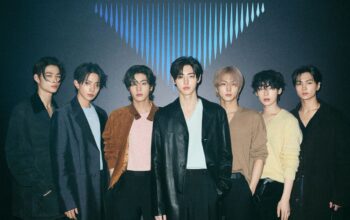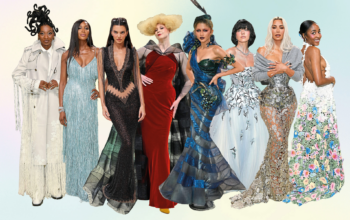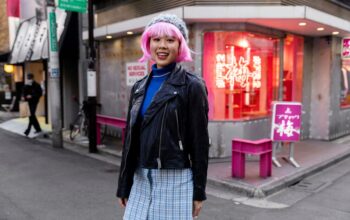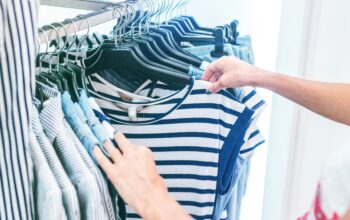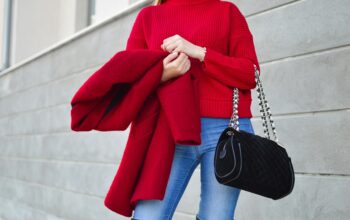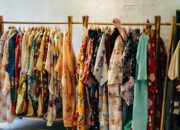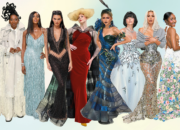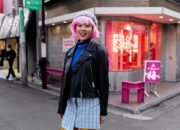Uzone.id – Influencers’ influence in introducing luxury brands to the younger generation is still relevant today. Luxury brands collaborate with celebrities and influencers to create an ‘accessible’ image. They also began collaborating with many brand ambassadors with different age ranges and jobs.
In this case, social media is the leading platform for brands to market their products. Effect? Many millennials and Gen Z are starting to buy luxury items advertised by their favorite celebrities to have similar products. Mainly fashion and make-up products.
According to data, the millennial generation will represent 50 percent of the market’s total spending (spending) in 2025. In the next seven years, nearly 130 percent of market growth will be attributed to millennials.
Meanwhile, Gen Z is still in a smaller market circle, at 4 percent. However, their preferences and demands for luxury brands are starting to show. Especially on brands that emphasize sustainability and have their own stories.
Interestingly, there is a big difference in how Millennials and Gen Z shop, especially how they spend money on luxury brand goods. Let’s discuss it!
Value System
The Millennial generation prioritizes long-term investments. They prefer to buy Hermès because of the more excellent value of their assets. Several well-known brands, such as Louis Vuitton, Chanel, Rolex, and Cartier, have significantly increased prices.
Meanwhile, Gen Z is more focused on experiences and self-expression. They are more interested in brands like Jacquemus, which have much lower prices—especially for ready-to-wear products—and have trendy designs.
Jacquemus’ simple silhouette with a neutral color palette fits the Gen Z aesthetic, which loves a simple yet stylish style. In addition, Jacquemus is famous for having ‘Instagramable’ products that are perfect for uploading on social media.
Social Status
Millennials often buy luxury items to express themselves and show their social status. They use luxury goods as a way for them to show their achievements and as if to tell them that they now have substantial financial capabilities.
In addition, luxury goods often have exclusive products with selective distribution. These items, no doubt, make the owner feel special and become a way to enter a specific community.
Meanwhile, Gen Z generally uses luxury goods as a form of self-expression. Also, influencers and celebrities often influence what they wear and buy.
On the other hand, the emergence of social media platforms that are also a place to shop makes access to luxury brands even more accessible.
Financial Situation
The Millennial Generation comprises those born between 1980 and 1966, while Gen Z includes those born between 1997 and 2012.
Looking at the average age of Millennials, who are now in a relatively stable financial condition, and Gen Z, who on average has just entered the era of ‘looking for a job,’ of course, by explaining how their shopping styles can be very different.
During this time, most millennials have paid off their student loans and are on a stable career. For this reason, it is easier for them if they want to spend money to buy luxury goods. However, Millennials tend to be more cautious when spending their money.
Meanwhile, Gen Z tends to embrace the culture of ‘instant gratuity’ to be more flexible in spending. Gen Z is not afraid of being stuck in a ‘no money’ period because they are always confident in their actions.
Social Media
Most millennials are influenced by luxury marketing that emphasizes exclusivity and heritage. This is in line with luxury brands that often offer customers a special and exclusive shopping experience.
Meanwhile, Gen Z is heavily influenced by social media trends and influencer marketing. Luxury brands at the ‘everyday luxury’ level make great use of social media and celebrities to introduce and market their products.

